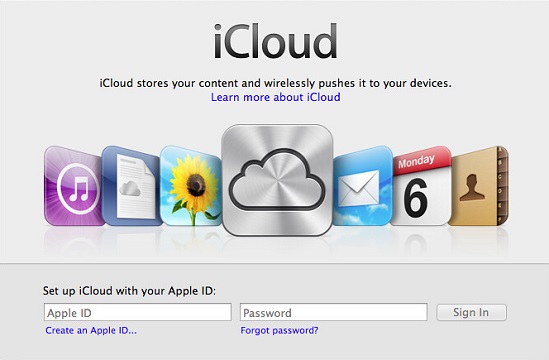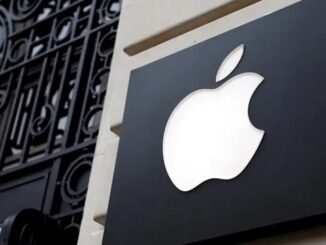
Apple is facing a legal claim accusing it of effectively locking 40 million British customers into its iCloud service and charging them “rip off prices”.
Consumer group Which? says the legal action – which it has launched – could result in a £3bn payout if it is successful, with the average customer getting around £70.
Apple has rejected the suggestion its practices are anti-competitive, saying users are not required to use iCloud. It said many customers rely on third-party alternatives, and insists it “works hard to make data transfer as easy as possible”.
It is another example of the “growing tide of large class actions against big tech” which has “operated without sufficient constraint”, Toby Starr from legal firm Humphries Kerstetter told the BBC.
Facebook, Google, gaming giant Steam and the UK’s leading mobile providers are among the others facing legal claims at the same court, the Competition Appeal Tribunal.
“Although most of these claims are in their infancy and take a long time to resolve, there will be more decisions coming out over the next couple of years and there will be settlements – these will start to affect the tech giants’ businesses,” said Mr Starr.
A price to pay
Users of Apple products get a small amount of digital storage for free – and after that are encouraged to pay to use its iCloud service to back up photos, videos, messages, contacts and all the other content which lives on their device.
Prices for this storage range from £0.99 a month for 50GB of space to £54.99 a month for 12TB.
Apple does not allow rival storage services full access to its products.
It says that is for security reasons – but it also contributes to the company’s enormous revenues.
Which? says over a period of nine years dating back to 2015 Apple has been effectively locking people into its services – and then overcharging them.
“By bringing this claim, Which? is showing big corporations like Apple that they cannot rip off UK consumers without facing repercussions,” the body’s chief executive Anabel Hoult said.
“Taking this legal action means we can help consumers to get the redress that they are owed, deter similar behaviour in the future and create a better, more competitive market.”
Apple has strongly denied Which’s accusations.
“We reject any suggestion that our iCloud practices are anti-competitive and will vigorously defend against any legal claim otherwise,” it said in a statement.
‘Very high value damages’
Which? has instructed the international law firm Willkie Farr & Gallagher to take the legal action, and says it will be funded by another firm, Litigation Capital Management.
Which? said they would be paid fees as the case progressed, getting additional payments if it was successful – but they would not be getting a percentage of any damages.
Alan Davis, from law firm Pinsent Masons, said there were very likely to be more, similar cases in the future.
“It is inevitable that further claims of this nature will continue to be brought given the very high value of the aggregate damages and the role of and incentive for litigation funders to support these claims which might not otherwise be brought without that financial support,” he told the BBC.
He added the absence of any infringement decisions under EU or UK competition law meant it would be down to the claimant to prove the market abuse it was alleging was actually taking place.
However, he pointed out the regulator had announced a wider investigation into cloud services in the UK.
Legal actions against big tech firms can take years as they work their way through the courts.
Which? has urged Apple to resolve this “without the need for litigation”, and wants the tech giant to offer consumers their money back and to open up competition further.
Source: bbc.co.uk






Be the first to comment